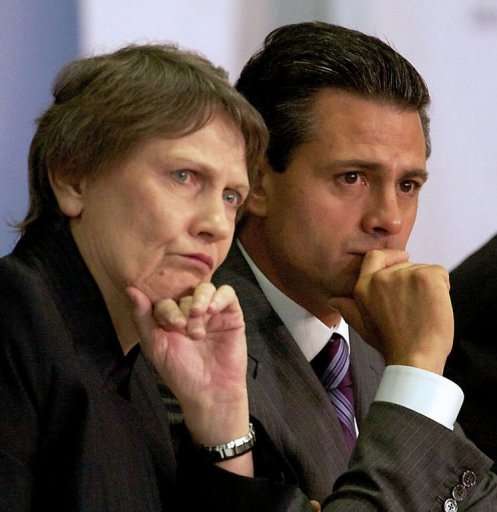Lack of climate action risks developing world gains, UN says

The rise of developing nations has cut poverty while the combined economies of Brazil, China and India are on a path to overtake wealthy nations, but failure to act on climate change could reverse those gains, a UN report said Thursday.
Developing nations are now driving economic growth, helping to lift hundreds of millions of people out of poverty and bringing billions more into a new middle class, the United Nations Development Programme (UNDP).
The report sees a "dramatic rebalancing of global economic power" and forecasts that the combined economic output of Brazil, China and India will surpass the aggregate production of the United States, Canada, Britain, France, Germany and Italy by 2020.
"The rise of the South is unprecedented in its speed and scale," according to the document, titled "The Rise of the South: Human Progress in a Diverse World."
"Never in history have the living conditions and prospects of so many people changed so dramatically and so fast," said the report presented in Mexico City.
China and India doubled their per capita economic output in less than 20 years, a rate twice as fast as Europe and North America experienced during the Industrial Revolution.
The proportion of people living in extreme poverty worldwide fell from 43 percent in 1990 to 22 percent in 2008, with more than 500,000 million people rising above the poverty line in China alone.
The share of people living on less than $1.25 per day has been cut in half, meeting one of the main targets of the Millennium Development Goals.
But the South faces similar long-term challenges as the leading industrialized nations, from an aging population to environmental pressures and social inequalities.
Lack of action against climate change could even halt or reverse human development progress in the world's poorest countries, pushing up to three billion people into extreme poverty by 2050 unless environmental disasters are prevented, the report said.
(c) 2013 AFP


















